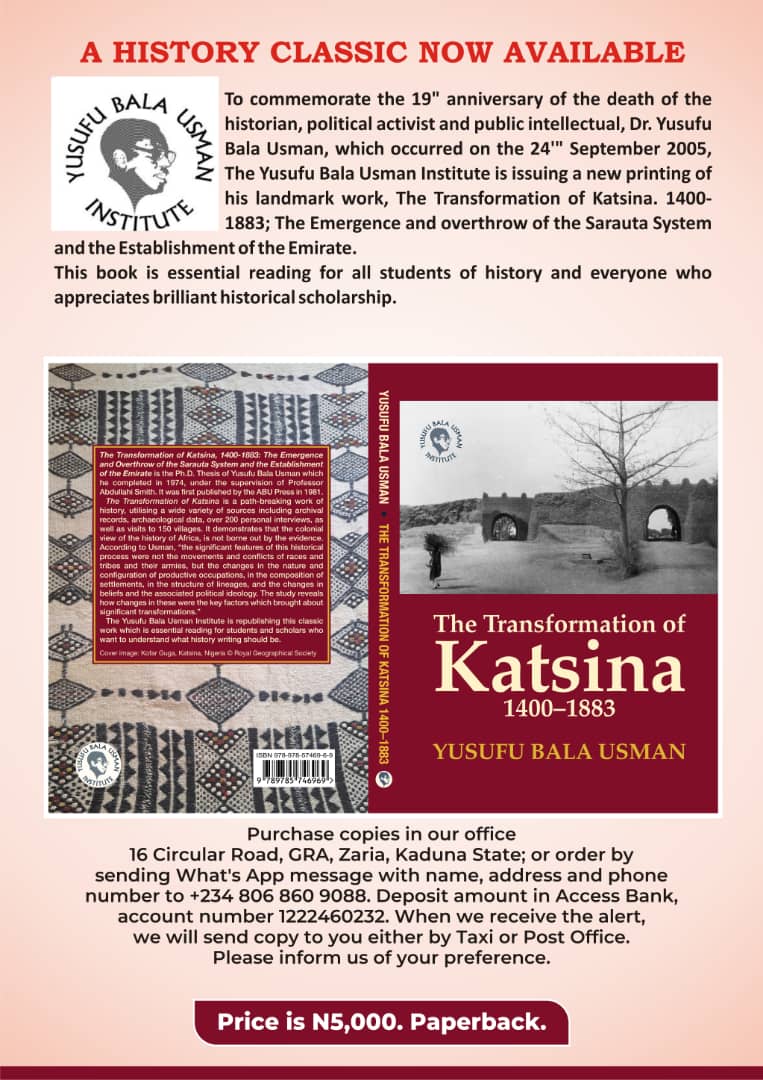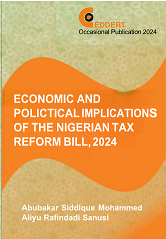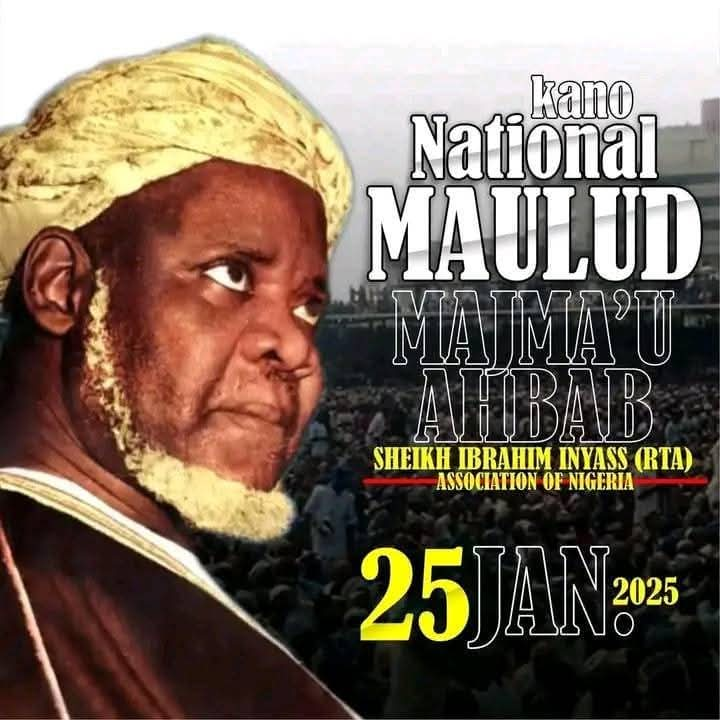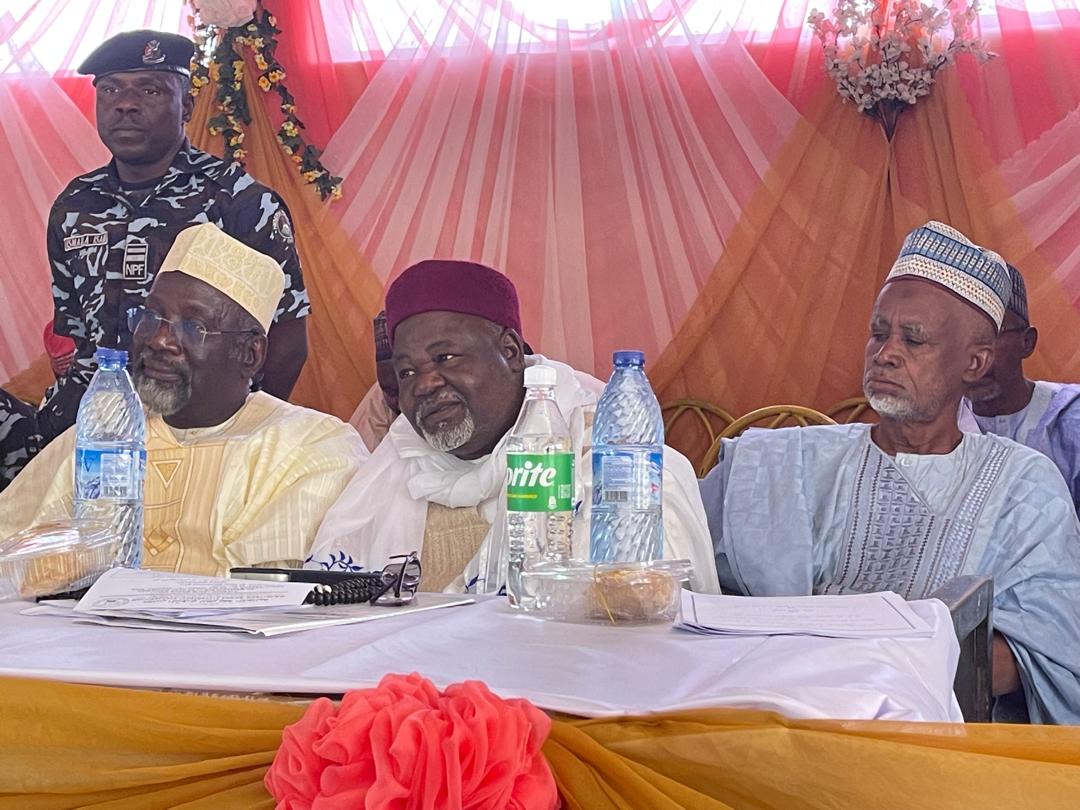Save Katsina State From Political Crisis
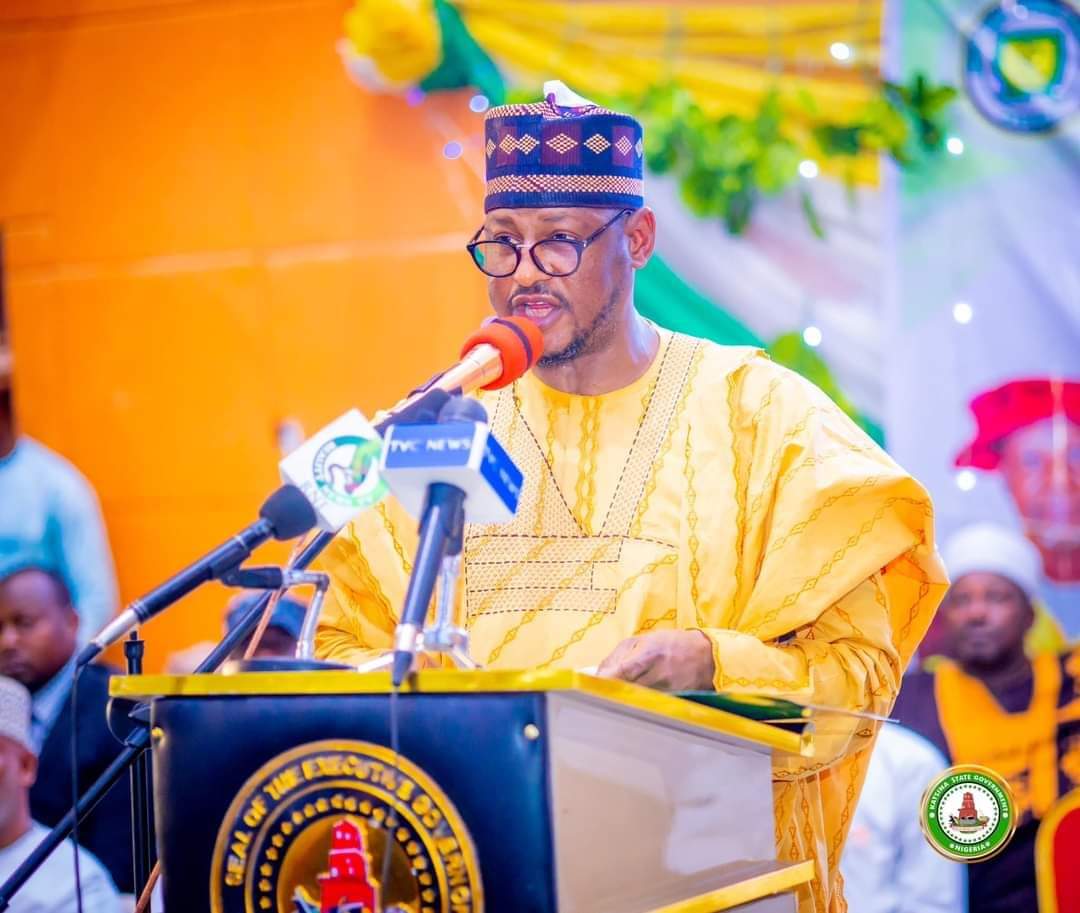
- Katsina City News
- 06 Jun, 2024
- 693
By Isyaku Dikko
In Nigeria, five states stand out as crucial in national elections due to their significant number of registered voters. These states, in order of importance, are Lagos (7,060,195), Kano (5,921,370), Kaduna (4,335,208), Rivers (3,537,190), and Katsina (3,516,719). While most of these states are embroiled in political crises, Katsina State has remained relatively stable.
In Kano State, politics led to the dissolution of five emirates simultaneously, and Aminu Ado Bayero's removal and return as Emir of Kano created further turmoil. In Rivers State, the conflict between Fubara and Wike is ongoing. Kaduna State is witnessing a probe initiated by El-Rufai, and Kano's royal tussle between Emirs Sanusi and Aminu Ado continues. This raises the question: when will Katsina and Lagos face similar crises, and how will it impact the 2027 presidential elections?
My focus is on Katsina State, which I know well. There are reasons to believe that Katsina may avoid political crises, though in politics, the future is always uncertain. This cautious optimism is informed by recent events and political alignments.
Governor of Katsina State, Dr. Dikko Umar Radda, has shown strong allegiance to President Tinubu, even adopting the Yoruba-style cap associated with Tinubu during significant events. This alignment is crucial, as governors wield considerable influence over state politics.
Radda's popularity was evident in the 2023 gubernatorial election, where he garnered 859,892 votes compared to his opponent’s 486,620 votes. This significant margin, despite the APC presidential candidate losing the state to the PDP by 6,762 votes, underscores Radda’s personal appeal, transcending party lines.
Moreover, key APC stakeholders in Katsina, including President Muhammadu Buhari, former governors Dr. Aminu Masari and Dr. Ibrahim Shema, ministers, and other presidential appointees, support Tinubu. This solid backing suggests that Katsina might not face political turmoil if Tinubu seeks a second term.
The opposition in Katsina is currently dormant, but future developments are unpredictable. Combining political crisis with the ongoing banditry issues in the state would be catastrophic. As a victim of banditry, I can attest to its severe impact. My father's house, a symbol of our community leadership, has been abandoned for over five years due to bandit attacks.
In conclusion, the political elite in Katsina must prevent any crisis, recognizing the dangerous combination of political instability and banditry. The future of Katsina State depends on maintaining its current stability amidst the volatile political landscape of Nigeria.

